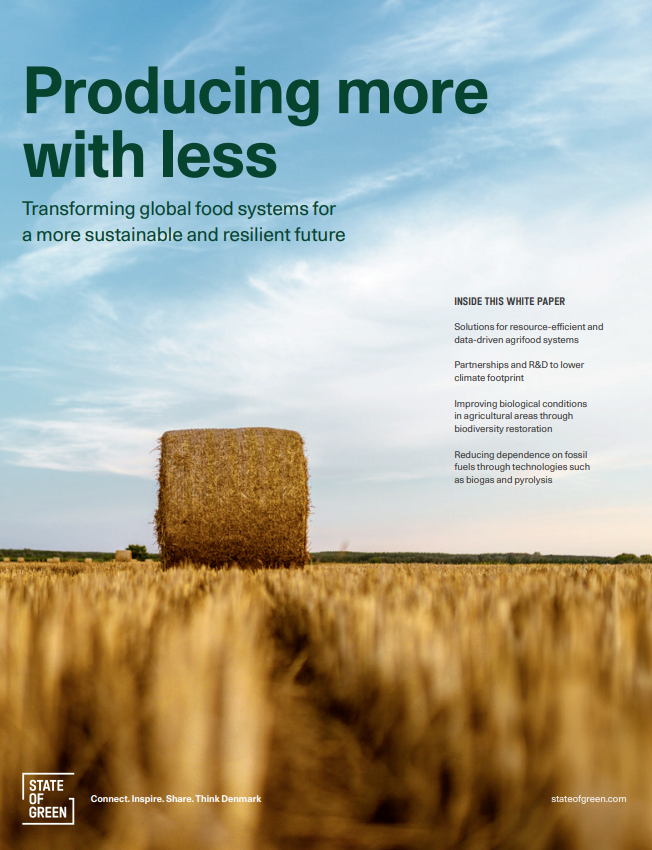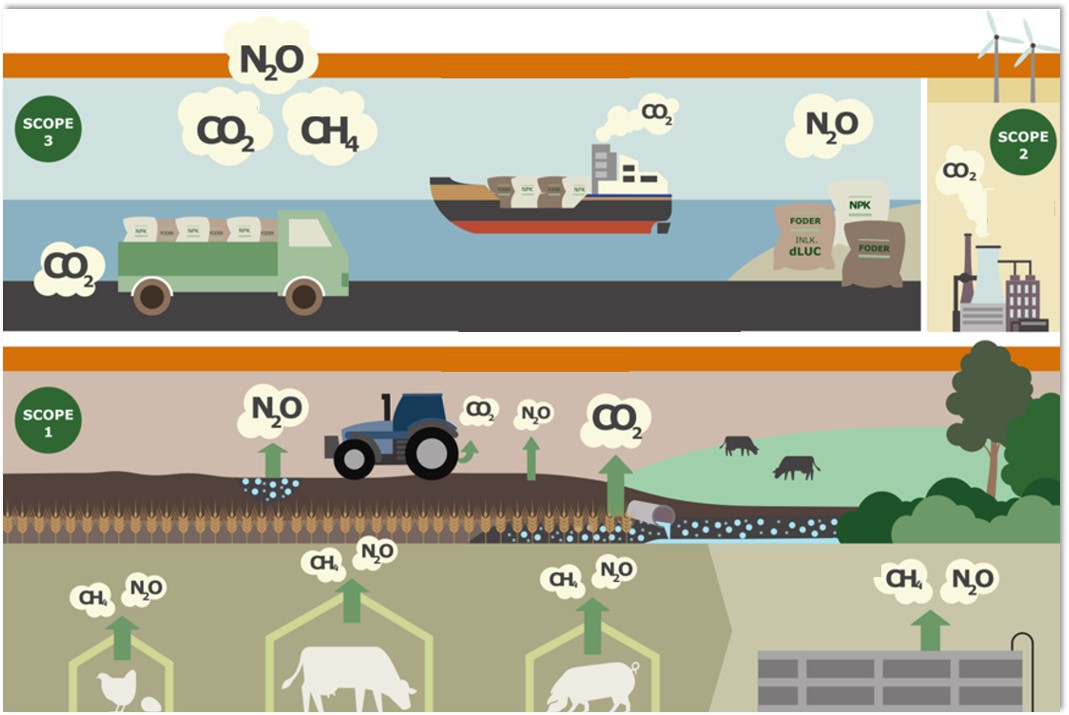News
Biogas
Xergi’s largest biogas plant makes milk production greener

The new plant is to supply Arla Food’s milk powder production with green energy in the form of biogas, which is converted to electricity and heat. The Videbæk Biogas plant is expected to be up and running in the autumn of 2018.
The main shareholder is the energy company NGF Nature Energy while Arla Foods, Xergi and local farmers’ association Videbæk Biogas have smaller holdings in the plant.
“We have been involved in the project development right from the start 5-6 years ago. Therefore, we are very pleased that we are now on target with the project,” says CEO of Xergi Jørgen Ballermann.
With five biogas digesters each with a capacity of 9,500 cubic metres the biogas plant can handle around 600,000 tonnes of biomass a year and produce 16.5 million cubic metres of bio-methane.
The plant is thus the largest Xergi has ever built since the company began constructing biogas plants more than 30 years ago.
“The plant will be built in accordance with our design principles which over the years have ensured stable and high gas production at a number of large biogas plants delivered in countries such as UK, France, USA and Denmark. The plant will be equipped with a number of new technical solutions developed by Xergi. The solutions improve the gas yield from organic residues from the food industry, agriculture and households. The Videbæk Biogas plant will therefore – internationally – become an important reference plant in the transition to green energy,” says Jørgen Ballermann.
The biogas plant provides Arla Foods with the opportunity of using green energy, which is partly produced by one of the company’s own by-products. Every year a total of 40,000 tonnes of the residual product Perlac 14 will be digested in the biogas plant.
The rest of the 600,000 tonnes of biomass will primarily come from agriculture in the form of manure and deep litter, but a smaller quantity of residual products from other food industries also ends up in the biogas plant. The residual biomass is used as fertiliser by local farmers.
“When manure and deep litter are treated in the biogas plant the nutrients are made easily available for the crops. This means that farmers can utilise the fertilisation value of their manure better and at the same time new nutrients recycled from industry are continuously being supplied to agriculture. In this way agriculture receives greener and more environmentally-friendly fertiliser while Arla Foods receives a green energy supply,” explains Jørgen Ballermann.
Facts
Videbæk Biogas
The plant is being constructed in the village of Trøstrup south of Videbæk in the western part of Denmark.
Principal shareholder: NGF Nature Energy.
Other shareholders: Arla Foods, farmers’ association Videbæk Biogas and Xergi.
Gas production: 16.5 million cubic metres of bio-methane.
Biomass: 600,000 tonnes of biomass are handled annually.
Digester capacity: 3 primary biogas digesters with capacity of 9,500 m3 each, 2 secondary digesters with a capacity of 9,500 m3 each
Pre-treatment: The plant is set up with the FLEXFEED® technology developed by Xergi.
Further information: CEO Jørgen Ballermann, Xergi, tel. +45 25 27 94 36, [email protected]
You should consider reading
publications
Resource efficient production
+15















